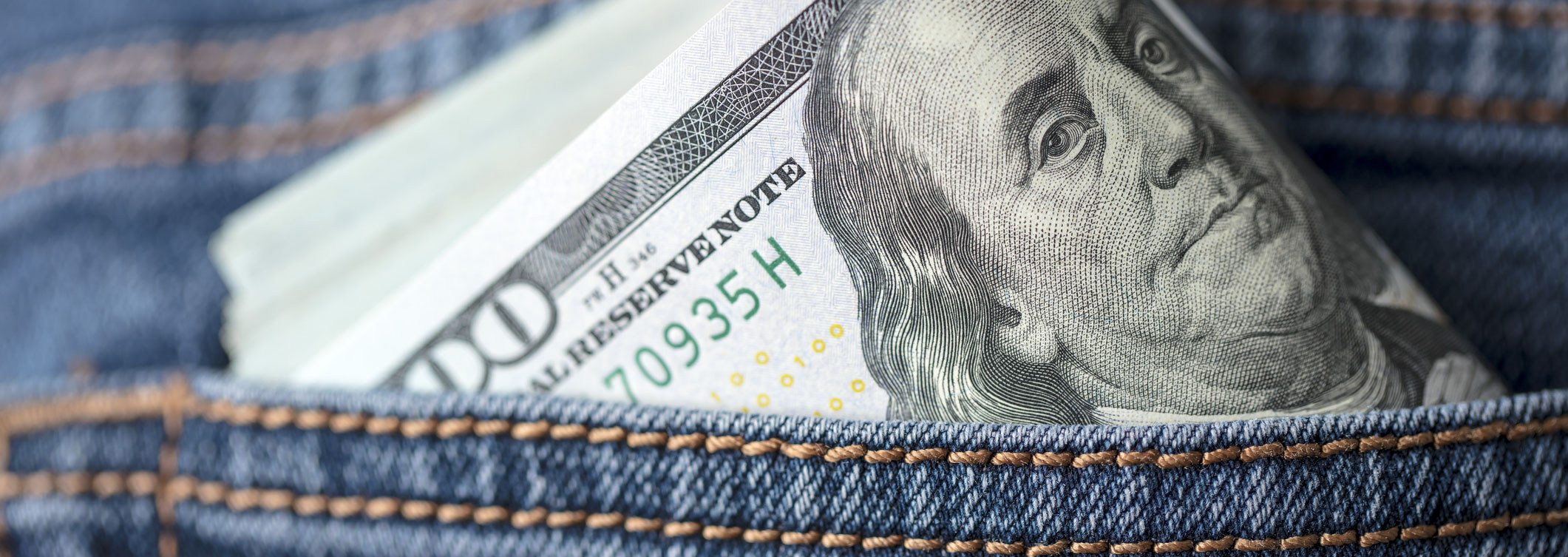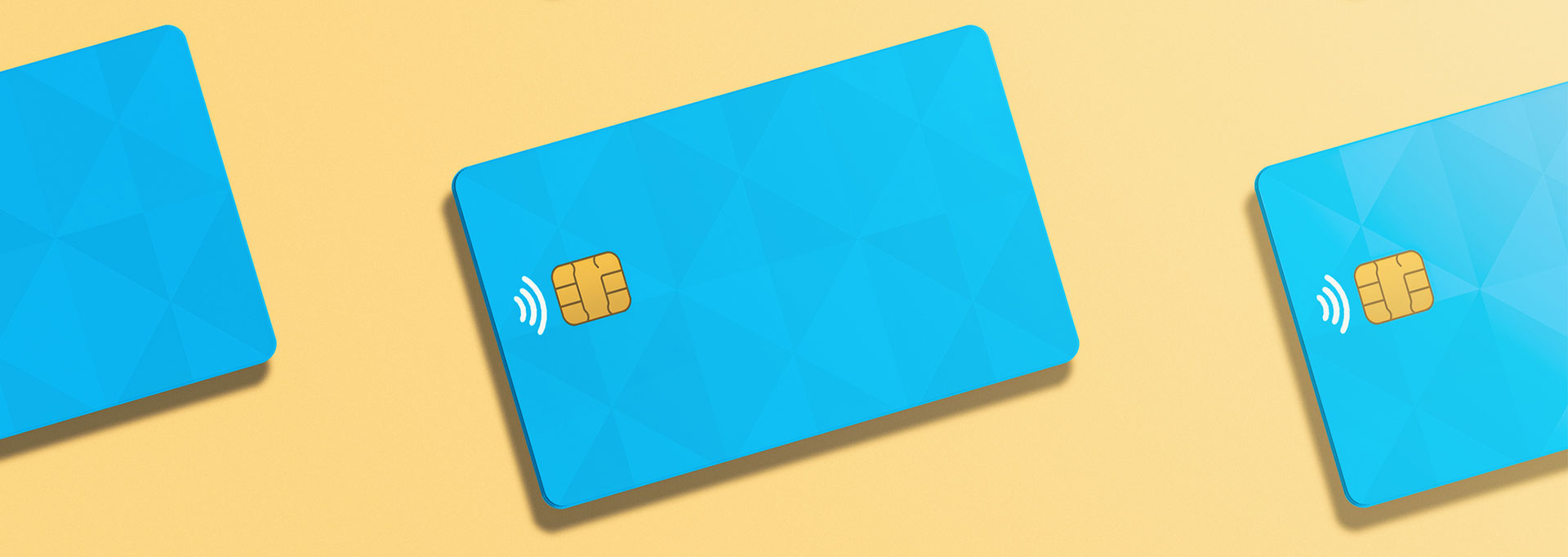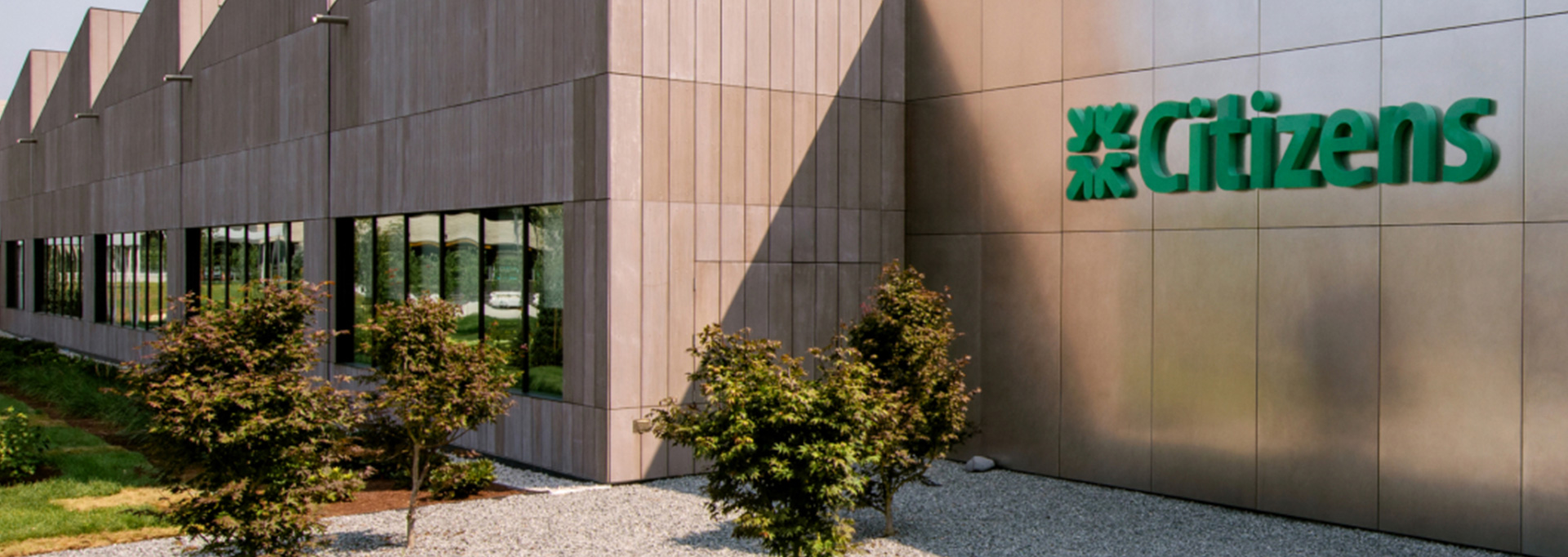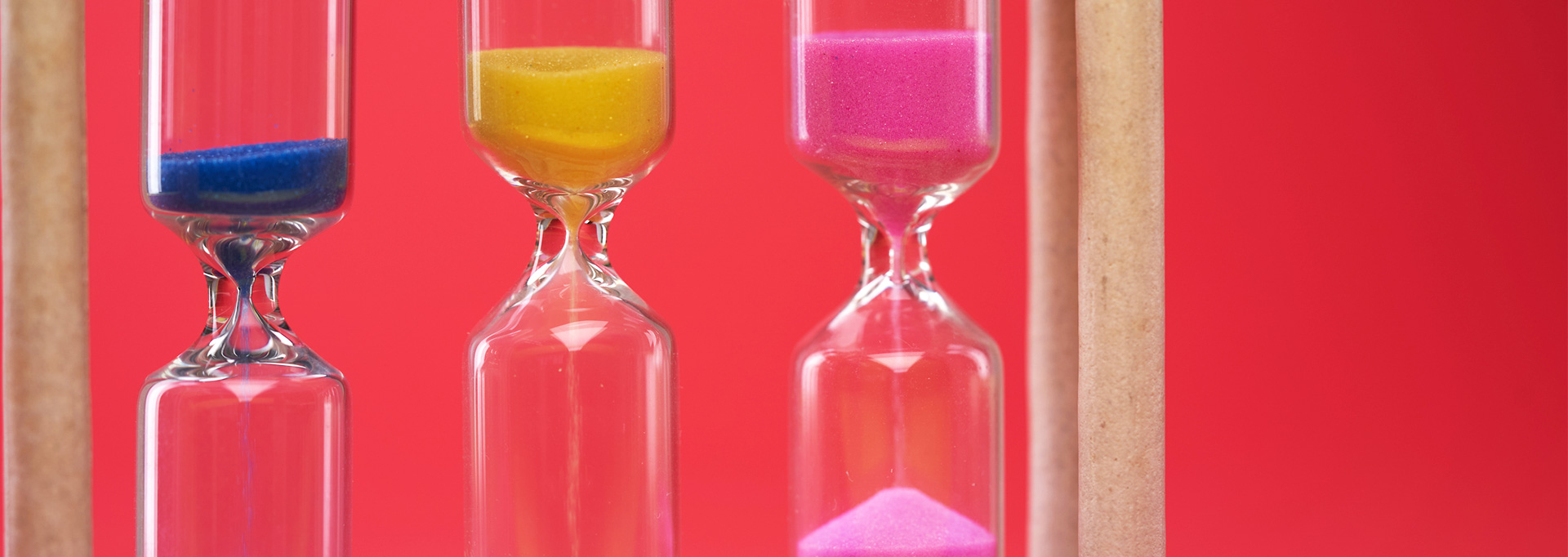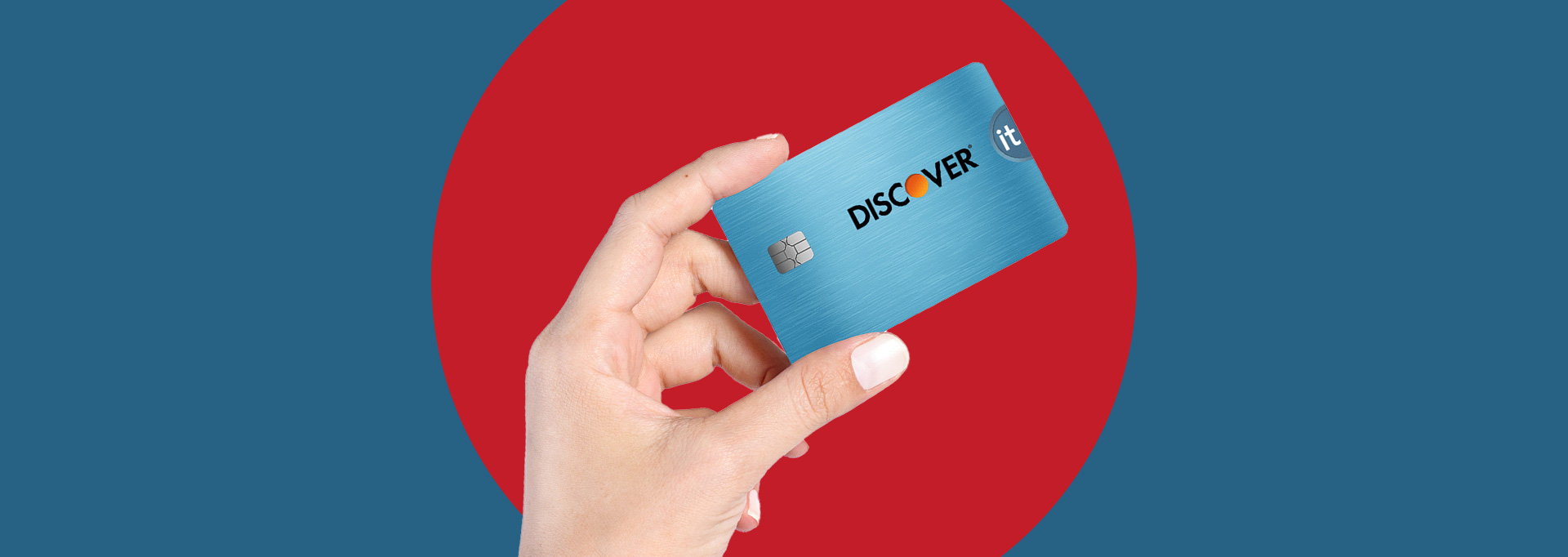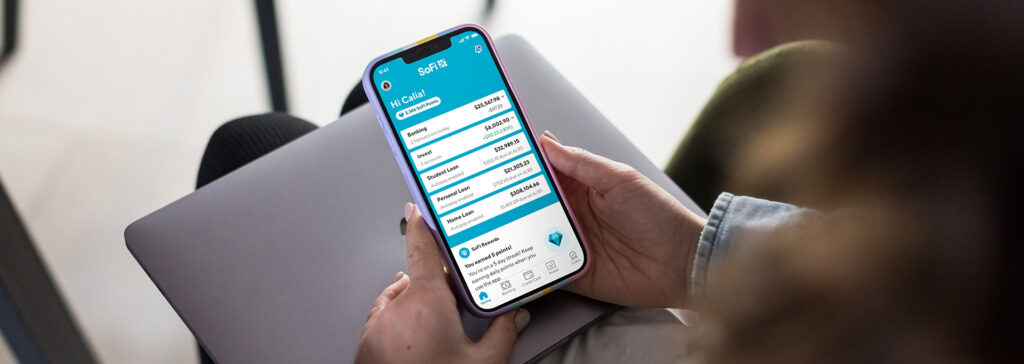Most products on this page are from partners who may compensate us. This may influence which products we write about and where and how they appear on the page. However, opinions expressed here are the author's alone, not those of any bank, credit card issuer, airline or hotel chain. Non-Monetized. The information related to Chase credit cards was collected by Slickdeals and has not been reviewed or provided by the issuer of these products. Product details may vary. Please see issuer website for current information. Slickdeals does not receive commission for these products/cards.
As a credit card enthusiast, I've earned tens of thousands of dollars in travel rewards, which I've used to travel all over both the U.S. and the world. But while the best travel credit cards get a lot of fanfare, I've also gotten a lot of value out of the best bank account bonuses.
Over the course of several years, I learned how to take advantage of these promotions to earn more than $2,000 annually in cold hard cash.
Here's what you need to know about bank account bonuses and how to benefit from them.
 Related Article
Related Article
Best Bank Account Bonus Promotions in November 2025
Why Do Banks Offer a Sign-Up Bonus?
Banks offer sign-up bonuses to motivate new customers to open a deposit account.
Since many checking and savings accounts offer indistinguishable perks and similar fees, financial institutions use limited-time promotions to persuade people to become clients.
What Are Bank Account Bonuses?
Bank account bonuses are introductory promotions that financial institutions offer new customers to incentivize them to sign up. Depending on the bank or credit union, I've seen bonuses ranging from $50 to $1,000 or more. They're often offered through limited-time promotions, both for checking and savings accounts, and the requirements to earn one can vary.
Here are some requirements you may have to meet to earn a bank bonus:
- Spend a certain amount on your debit card within a certain period.
- Sign up for direct deposit and meet a minimum deposit requirement.
- Deposit a minimum amount of cash and hold it there for a set time frame.
- Make a minimum number of bill payments from your account within a set period.
Because there are so many different ways to earn a bank account bonus, you can pick and choose the accounts that you can earn easily. Plus, there's usually no hard inquiry on your credit report like you get when you apply for a credit card. Bank accounts do get reported to ChexSystems though, and if your ChexSystems report shows too many recent accounts, you may get denied.
Tips and Tricks for Maximizing Bank Account Bonuses
As I've researched and taken advantage of different bonus offers, I've learned a few ways to earn as much cash as possible. In my experience, here's how to make the most of a bank bonus.
How to Find Bank Bonuses
Bank account bonuses can be difficult to find because banks and credit unions don't usually advertise them. You may get an offer in the mail, which doesn't happen often, or you might search eBay and spend a few bucks for a mail offer someone else received.
The best way I've found, though, is by searching through crowdsourced information. Slickdeals provides a list of scores of the best bank account bonuses available. You can search for bonuses that are available nationally, as well as for promotions specific to where you live. You'll also get the full details about each bonus to help you decide if it's a good offer for you.
How to Choose Bank Bonuses
In the beginning, I took every bonus I could find, even the ones under $100. After a while, though, I realized I'd get a lot better return for my time by being picky about the accounts I chose.
For instance, some bank accounts require you to spend a certain amount to earn the bonus, which can take a month or two with regular spending habits. On the flip side, other banks and credit unions simply require you to set up direct deposit, which only takes a few minutes. Since I could log in to my payroll account and do that on my own, the direct deposit bonuses became my favorite ones.
Quick Tip
If you have a regular direct deposit already, switching it to a new bank could be an easy way to qualify for a bank bonus.
In some cases, though, you may not have easy access to direct deposit. Or, if you're like me now, you're self-employed and may not get direct deposit from an employer. Take time to compare different bonuses and their requirements to find the right ones for you.
How to Avoid Fees
Monthly fees aren't common with credit unions, but they're pretty standard with major banks. As you compare bonus offers, look at the account's fee structure to determine how much you'll actually earn. For example, you may get a $100 bonus on an account with a $12 monthly fee. What's more, if you close the account within six months, you'll forfeit your bonus.
If you can't find a way to get that monthly fee waived — which is often possible — your actual earnings from the bonus minus the monthly fees are just $28.
Also, remember that bank account bonuses are taxable as interest income. So remember to watch out for 1099-INT forms when you get ready to file your tax return.
How to Organize Multiple Bank Bonuses
At one point, I was juggling six or seven bank accounts. That's not necessarily a bad thing, but it can make it challenging to keep track of where you are in the process of earning each bonus. Also, I ended up with a couple of overdraft charges because I wasn't paying enough attention and accidentally made transfers from the wrong accounts.
To fix this problem, I created a spreadsheet to keep track of each bonus, including:
- The bank or credit union
- Amount of the bonus
- Account opening date
- Terms of the bonus
- Monthly fees and how to avoid them
- Early termination charge, if applicable
- Dates I earned and received the bonus
- Account closing date
With this spreadsheet, I was able to safely track each account. I also used a budgeting software called You Need a Budget to make sure I always knew the balances of each account, along with deposits and withdrawals.
Bottom Line
Bank account bonuses can be a great way to earn a little extra cash on the side. Over the years, I've used mine mostly to supplement my travel rewards when I go on vacation — I can get award flights, hotel stays and car rentals with credit cards, but not groceries or other travel activities.
If you're thinking of trying to earn bank account bonuses, though, use these tips to help you pick the right ones and maximize how much you earn from them.



